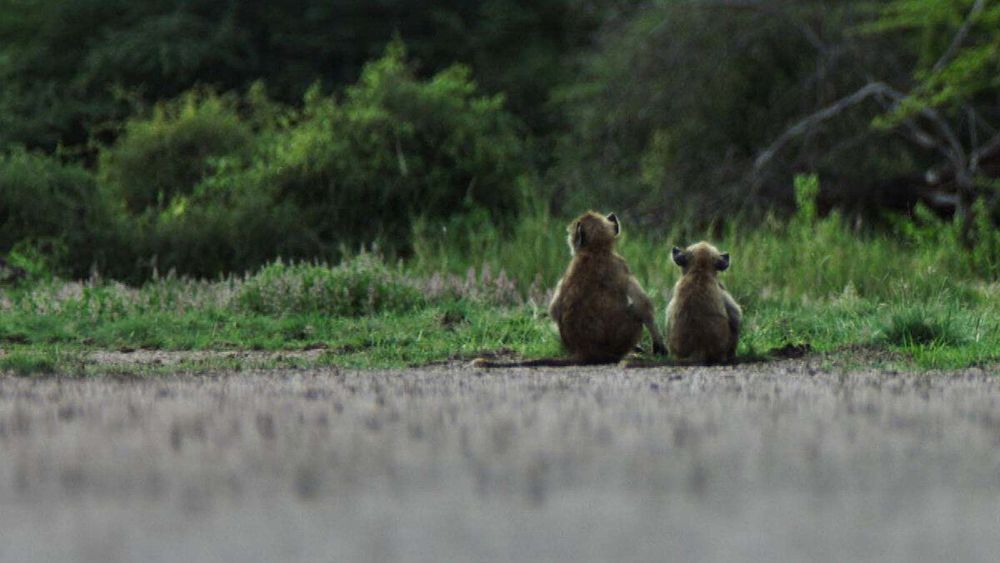When baboons experience trauma in early life, they have higher levels of stress hormones in adulthood—a potential marker of poor health—than their peers who don’t experience trauma, even if they have strong social relationships as adults, according to a study led by a University of Michigan researcher.
The study examined the links between childhood adversity, adult social relationships and glucocorticoid concentrations. The goal was to determine whether one of the reasons that baboons who experience early trauma live shorter, less healthy lives was because they fail to develop strong social relationships in adulthood, which could be beneficial to health.
U-M biological anthropologist Stacy Rosenbaum and her co-authors found that while early life adversity didn’t strongly affect baboons’ ability to have social relationships, any positive effect of those relationships was much smaller than the large negative effects of early life trauma.
